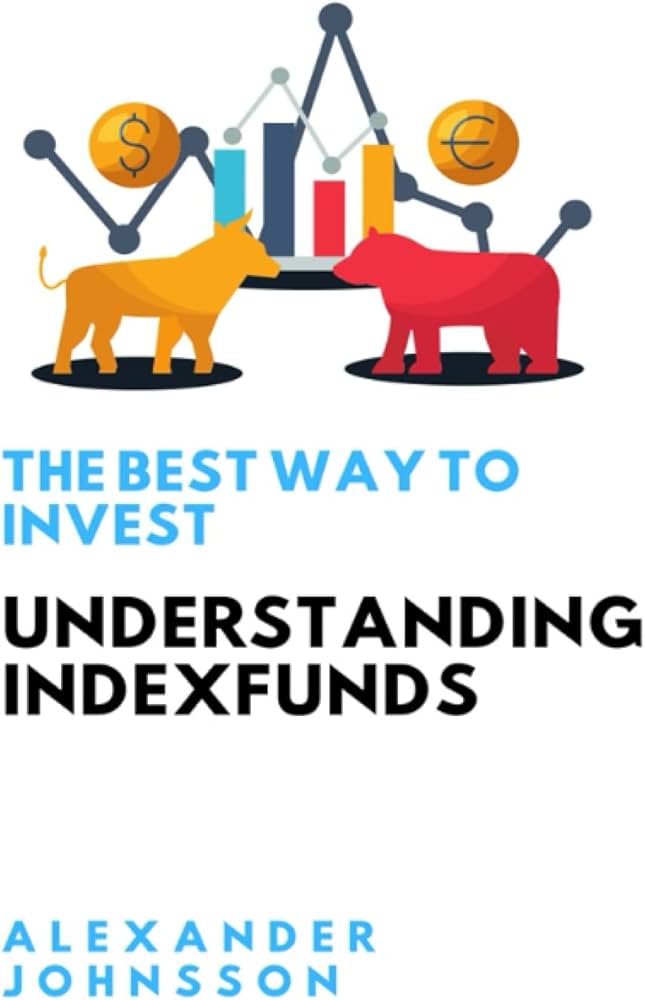Getting Started with Index Funds
Trying to make sense of the vast, often volatile world of investing? Consider index funds- a haven for beginners and seasoned investors alike seeking a relatively low-risk, diversified approach to wealth accumulation. Picture this: it’s like having a financial GPS, guiding you along the path of market ups and downs without the stress of constantly adjusting your course.
Index funds, unlike actively managed funds, don’t try to beat the market but rather mirror it. They invest in a comprehensive basket of stocks or bonds that make up a particular market index, such as the S&P 500. By doing so, they offer instant diversification, reducing the risk of putting all your eggs in one basket. Just as a sturdy ship weathers turbulent seas, index funds help investors navigate market fluctuations with greater stability.
Their simplicity and cost-effectiveness make them a breeze to invest in. No need to sift through countless stocks and bonds; an index fund gives you broad exposure to an entire market segment with a single purchase. Plus, their low fees mean more of your hard-earned money stays invested, working for you over time. It’s like having a financial autopilot, taking care of the nitty-gritty while you reap the rewards.
So, how do you dive into the world of index funds? It’s as easy as opening a brokerage account and selecting a fund that aligns with your investment goals and risk tolerance. Remember, consistency is key. Treat index fund investing like a marathon, not a sprint. Regular contributions, even small ones, can make a world of difference in the long run. It’s like planting a financial seed and watching it grow into a mighty oak tree.
How to Invest Wisely in Index Funds: A Comprehensive Guide
Index funds have taken the investment world by storm, offering a convenient and potentially rewarding way to grow your nest egg. These passively managed funds track a particular market index, such as the S&P 500, providing investors with instant diversification and a piece of the broad market’s performance. If you’re contemplating diving into the realm of index funds, here’s a comprehensive guide to help you navigate the process:
-
Pick the Right Index Fund:
Not all index funds are created equal. Take time to research different funds before making a decision. Consider their tracking index, expense ratio, and historical performance. Remember, the goal is to find a fund that aligns with your investment goals and risk tolerance.
-
Consider Your Investment Horizon:
Index funds typically perform well over the long term. If you’re planning to invest for a short period, consider more liquid options like money market funds or short-term bond funds. Index funds may not be the best choice for quick gains, but they can be excellent vehicles for long-term wealth accumulation.
-
Rebalance Periodically:
As your investments grow and market conditions change, it’s crucial to rebalance your portfolio. This involves adjusting your asset allocation to maintain your original risk tolerance. By rebalancing, you can reduce volatility and keep your investments on track.
-
Don’t Panic Sell:
Index funds can experience fluctuations in value, but it’s important not to panic. Market downturns are a normal part of investing. Instead of selling in a panic, stay calm and ride out the storm. Historically, index funds have recovered from downturns and continued to grow over time.
-
Risks of Index Funds:
While index funds offer diversification and convenience, there are still risks involved. It’s crucial to understand these risks before investing:
-
Market Risk: Index funds are subject to the ups and downs of the overall market. When the market declines, so will the value of your index fund.
-
Tracking Error: Index funds aim to replicate the performance of a particular index, but there may be slight deviations known as tracking error. This can affect the actual returns you receive.
-
Expense Ratio: Index funds typically have lower expense ratios than actively managed funds, but it’s still important to factor in these costs when choosing a fund. Accumulated over time, high expense ratios can eat into your returns.
-
Unforeseen Events: Index funds cannot predict unforeseen events that may significantly impact the market and, by extension, the fund’s performance.
-
Human Error: Although index funds are passively managed, they may be subject to human error during the creation or maintenance process, leading to unintended consequences.
-

No responses yet